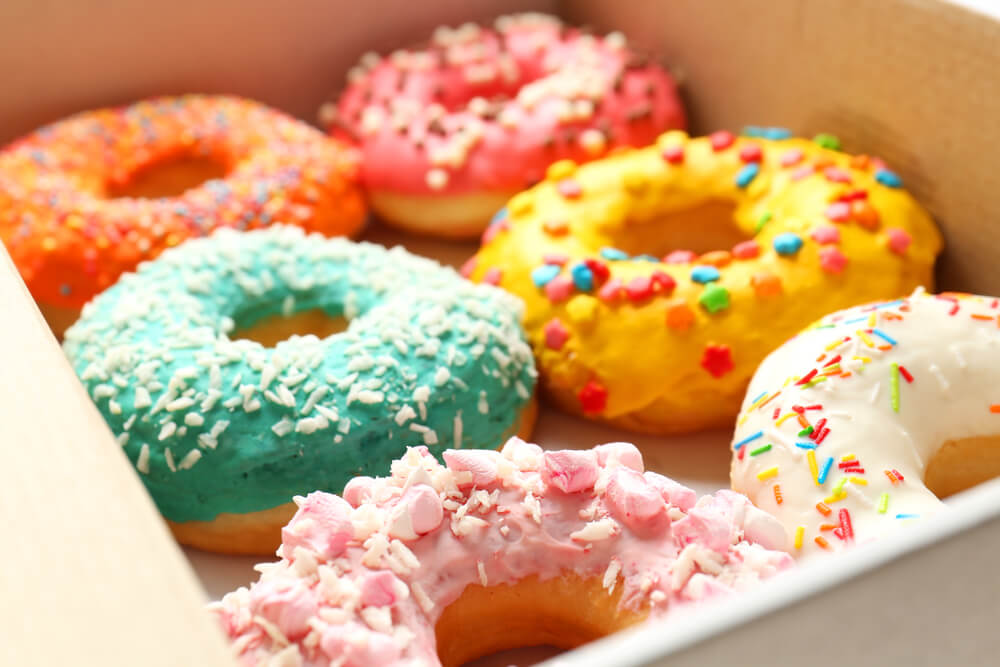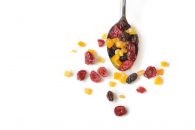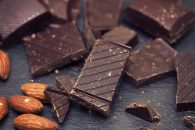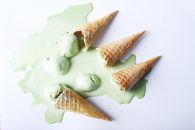Wondering what foods diabetics should avoid? These 5 foods are the worst
Eating a healthy diet is incredibly important when you have diabetes. While some foods can help you manage your condition naturally, foods that are high in sugar, fats, carbs, and calories will increase a diabetic’s risk of developing certain health complications. Some of the worst foods for diabetics can even cause life-threatening complications if eaten in excess. While there are many foods that can compromise your diabetic health plan, we’ve put together a list of the five worst foods for diabetics. As you put together your Diabetes meal plan, be sure to avoid these top offenders.
1: Packaged doughnuts, snack cakes, and pastries
Packaged and commercially made snack cakes, cinnamon rolls, and other pastries, such as ones that are iced with creamy filling, are some of the absolute worst foods for diabetes type 1. These items are packed with added sugar, processed white flour, and may contain trans fats. This combination of ingredients can cause massive spikes in blood sugar and increase insulin resistance. People with type 1 diabetes who eat these foods will need to recalibrate their insulin dose to compensate for the influx of sugar. The empty calories in packaged pastries contribute to weight gain, and trans fats raise your cholesterol and increase the risk of heart disease. Fat-free whole grain blueberry muffins are a delicious alternative to try instead.
2: Blended coffee drinks
Whipped mocha drinks and flavored lattes may be tempting when you hit a mid-day slump, but their high-calorie content makes them some of the worst foods for diabetics. These drinks typically have between 300 and 500 calories, contain high levels of carbs and fats, and may feature flavored syrups that are mostly sugar. You don’t have to forgo your afternoon pick-me-up entirely – a small “skinny” low fat coffee drink or an herbal chai will provide an energizing boost without all the calories, fat, and added sugar.
3: White rice, white bread, and other processed grains
Refined grains including white rice, white flour, and foods made with them (such as white bread) hit your system in a manner very similar to sugar, digesting quickly and causing a dramatic rise in blood glucose levels. Whole grain alternatives instead contain high levels of fiber that help your body to digest them more slowly, so you experience a steady flow of energy rather than a fast spike. Whole grain oatmeal, whole wheat flour, and brown rice are healthy substitutes that will raise blood sugar levels slower and more manageably.
4: Sugary fruits
Most fruits are beneficial for people with diabetes because they are packed with essential vitamins and fiber, but certain fruits have too much sugar for people with diabetes. Bananas and melons top the list of fruits to avoid in diabetes, followed by canned fruits in heavy syrup and dried fruits. Fruit juices should also be avoided if you have diabetes, because the fiber from the fruit has been discarded, so your body processes the sugar quickly causing blood glucose levels to rise dramatically. Fresh berries, tart cherries, and granny apple slices are some of the best fruits for diabetes.
5: Prepared Breakfast foods
Eating a healthy meal in the morning is the best way to start your day, provided you are aware of the breakfast foods to avoid with diabetes type 2. Pancakes or waffles made with white flour are primarily fast-acting carbs that can cause a sugar spike. Topping them off with syrup makes it worse – half a cup of syrup contains a whopping 16 teaspoons of sugar. Breakfast toaster pastries and most sweetened cereals consist mainly of white flour, sugar, and preservatives, making them a poor choice for diabetics as well. These foods will cause your blood glucose levels to rise and will help contribute to weight gain. Choosing whole grain oatmeal, an egg-white omelet, or healthy frittata will start your day on a much healthier note.



